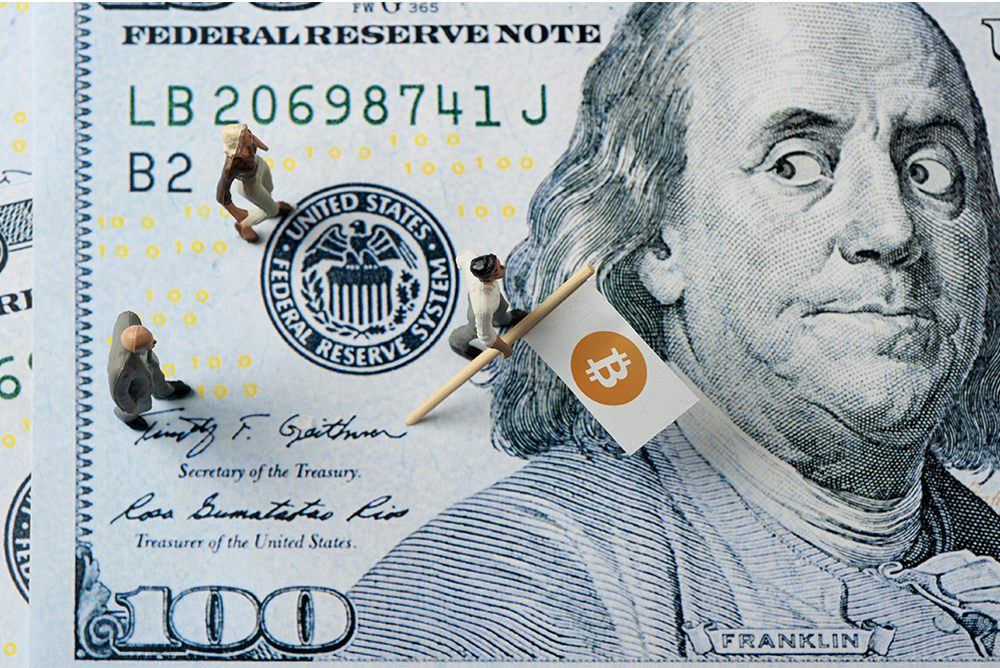Cryptocurrency and the Changing Face of Money

Introduction to cryptocurrency
Cryptocurrency is a form of currency that operates without a centralized bank or government behind it. Bitcoin is currently the most popular cryptocurrency out there, but there are others as well like Dogecoin, Dashcoin, and Litecoin. You can use them to purchase goods or services just like any other type of money. Cryptocurrencies are also mined by computers that solve complex math problems – this means you don't have to worry about printing more money or minting new coins.
How does cryptocurrency work?
Cryptocurrencies are digital currencies that operate without a centralized bank or government behind them. Mining is the process by which new cryptocurrency is created and transactions are verified, and it can only be done by computers that solve complex math problems. Cryptography also prevents fraud and double-spending.
Cryptocurrencies and fiat currencies
Cryptocurrencies are currently the most popular form of digital currency, and there is no doubt that they have a bright future. But what does that mean for fiat currencies? Will digital currencies always exist alongside fiat currencies? Is there a chance that one will eventually replace the other?
Fiat currencies are legal tender by governments and are backed by a physical commodity like gold or silver. They are also more stable than cryptocurrencies because their value doesn't fluctuate as much. There is an excellent chance that fiat currencies and cryptocurrencies will exist alongside each other, but it's not yet clear which one will be more prevalent. Right now, most people use fiat to buy products and cryptocurrencies to invest in them. Obviously, this isn't sustainable in the long run because it's difficult to rely on a cryptocurrency for day-to-day purchases. The issue with using cryptocurrencies to buy goods and services is that they are not widely accepted yet, so they're not going to be used with as much frequency as regular money. That could change in the future though if people continue to adopt common forms of cryptocurrencies like Bitcoin.>>END>>
Future of cryptocurrencies
As of right now, cryptocurrencies are just starting to come into the mainstream market. It’s difficult to say what will happen in the future as there is a lack of precedent for digital currencies. However, it’s worth noting that many people have predicted that cryptocurrencies will eventually overtake fiat currencies and become a substitute for them.
Right now, Bitcoin is only one of many cryptocurrencies, with no guarantee that it will stay the most popular one. The idea behind Bitcoin was to create an alternative currency that doesn’t depend on banks or governments. Theoretically, this would make Bitcoin more stable than other currencies because it has a lower risk of being involved in economic crises like we saw during 2008.
Conclusion
Cryptocurrency is a digital currency that uses cryptography to secure transactions. It is not controlled by any government and is used by businesses, corporations and individuals. It operates independently of an issuer, central bank or single administrator.
Cryptocurrency is not pegged to any fiat currency, but the coin value is based on the user's demand for it. The only way to acquire cryptocurrency is through buying it from an online exchange or through mining it.
The rise of cryptocurrencies has led to a change in the way we think about money. It has opened up a new type of financial system that is based on distributed ledger technology.
The new form of cryptocurrency is slowly gaining adoption and acceptance from governments around the world. There are a lot of questions and misconceptions about how cryptocurrency works, such as how it differs from regular currency, what will happen in the future, and how it will affect the global economy.
Rise of cryptocurrencies has also led to a change in the way we think about money. It has opened up a new type of financial system that is based on distributed ledger technology. The future of this new form of currency is uncertain, but its rise has led to questions and misconceptions about how it works and what will happen in the future.

 Call
Call
 Mail
Mail